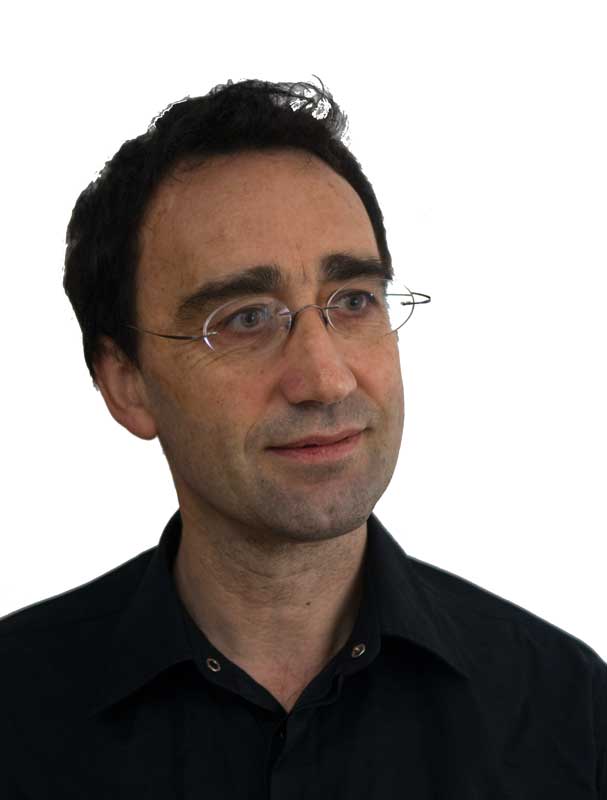Glen Gibson is a psychotherapist in London and online
What attracted you to become a therapist?
Two main reasons really: before training as a therapist, I worked in homelessness and after a while it felt like I was just putting sticking plasters on people, that deep and lasting change wasn't possible without often long-term therapy. And it was my own therapy that so influenced me about its effectiveness.
Where did you train?
I trained at the Institute of Psychosynthesis, accredited by The University of Middlesex, with the MA in Psychotherapy and Diploma in Counselling.
Psychosynthesis is described as a psychology of the soul - this spoke to me. Psychosynthesis works with not only the symptoms we bring to therapy and our life now including the impact of our past, but also acknowledges our future potential
Can you tell us about the type of therapy you practise?
I chose a holistic, integrative approach - meaning that I don't hold one, particular theory and acknowledge that different methods, interventions, work for different people, because we are complex human beings, all unique, I recognise that no one model, approach, is adequate in all situations or specifically works for us.
My integrative approach includes acknowledging all aspects of us - our behaviour, body, feelings, mind, sexuality, spirituality - whatever this means for us. This form of therapy acknowledges that in some ways everything in life is connected, interdependent. I value the therapeutic relationship as a containing, co-operative space.
Integrative therapy holds that we know ourself best - we are the expert of our life and take responsibility for our choices.
Respecting people's uniqueness, diversity, I work at people's own pace and aim to bring clarity, creativity and sensitivity to my work with warmth, humour and maturity. With my passionate beliefs of self-determination and responsibility, I offer fresh insight in an affirming, supportive and jargon-free way.
Having an impartial perspective, I usually work both intuitively and with knowledge, experience, understanding of what brings people to therapy. I recognise a person can't simply be reduced down to a label, diagnosis, symptoms or issues. I value the humanity in us all and acknowledge our own resources, qualities and strengths alongside our frailties, limitations and vulnerabilities.
How does your style of therapy help?
By understanding ourself, the therapy helps us manage stress, fear and anxiety and live in a healthy relationship with ourself and in relationships out in the world.
What sort of people do you usually see?
I see adults, from 18 to 80, with a wide range of issues.
Have you noticed any recent mental health trends or wider changes in attitude?
The impact of Covid, climate change, unsustainability, wars, spending a lot of time online, AI, working from home, doing alienating work - all of this impacts on our psyche.
What do you like about being a therapist?
Meaningful connections and lasting change.
What is less pleasant?
Working late evenings, weekends which I no longer do .
How long have you been with Welldoing and what you think of us?
I have been with Welldoing twice now and like its positive approach.
What books have been important to you in terms of your professional and personal development? Do you ever recommend books to clients?
There are so many. I particularly liked Viktor Frankl's Man's Search For Meaning and I have a whole list of books, films, etc. to recommend clients.
What you do for your own mental health?
Cycling, indoor football, pilates, personal trainer, qigong, being out in nature, being with family and friends, reading.
You are a therapist in central London. What can you share with us about seeing clients in this area?
The pace of life can be quick. People come from all walks of life.
What's your consultation room like?
Containing, calm, with good light, comfortable chairs and lots of minerals, rocks from around the world.
What do you wish people knew about therapy?
How helpful and life-changing it can be.
What did you learn about yourself in therapy?
Self-acceptance.

